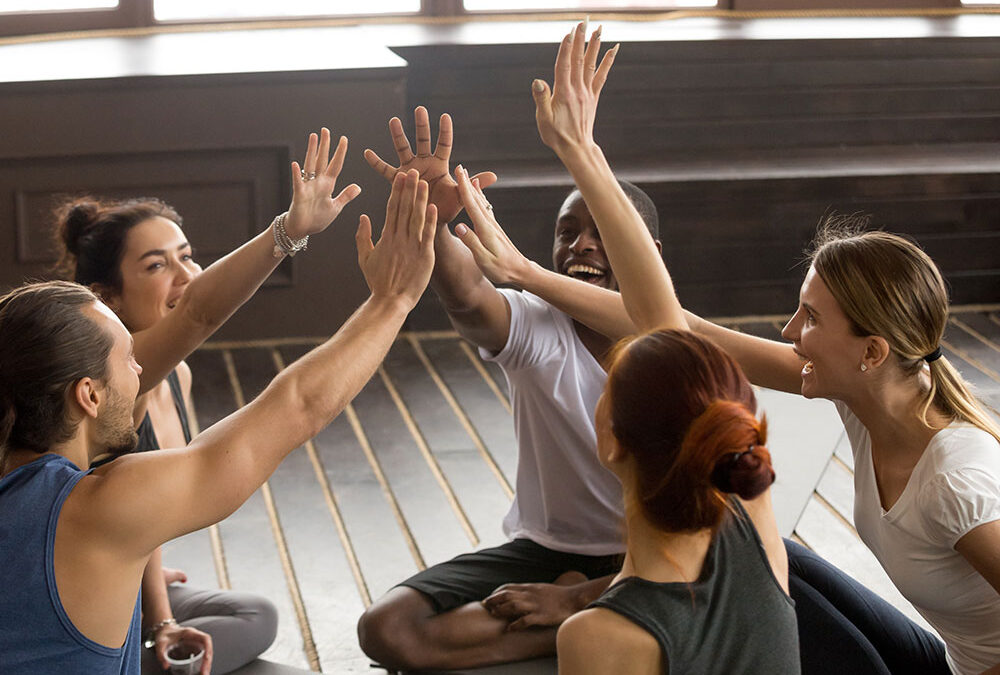PSR stands for Psychosocial Rehabilitation, which is an approach to mental health care that focuses on supporting individuals in their recovery journey by addressing psychosocial factors that impact their well-being. PSR is designed to help individuals develop and enhance their skills, abilities, and resources to live meaningful and fulfilling lives.
PSR programs and services typically include the following components:
1. Skill Development: PSR aims to equip individuals with the skills necessary to manage their mental health condition, navigate daily challenges, and engage in social and community activities. This may involve teaching practical skills such as problem-solving, stress management, communication, coping strategies, and vocational skills.
2. Community Integration: PSR encourages individuals to actively participate in their communities and fosters social connections. It may involve assistance in finding and accessing community resources, support in building relationships, and guidance on engaging in social and recreational activities.
3. Recovery Planning: PSR promotes a person-centered approach, where individuals actively participate in developing their recovery plans. The focus is on identifying personal goals, strengths, and preferences, and developing strategies to achieve them. Recovery plans may include short-term and long-term goals related to housing, employment, education, relationships, and personal well-being.
4. Supportive Environment: PSR creates a supportive and inclusive environment where individuals feel safe, respected, and empowered. It involves building trusting relationships with mental health professionals who provide guidance, encouragement, and emotional support throughout the recovery process.
5. Rehabilitation Groups: PSR may involve participation in group activities, such as psychoeducation groups, skills training groups, support groups, and recreational groups. These groups provide opportunities for learning, sharing experiences, and connecting with others who are going through similar challenges.
How PSR can help you:
1. Enhanced Coping Skills: PSR equips you with practical skills and strategies to manage your mental health condition effectively. You can learn techniques to cope with stress, handle triggers, and overcome challenges in daily life.
2. Improved Social Functioning: PSR focuses on enhancing your social skills and facilitating community integration. It can help you develop and maintain healthy relationships, strengthen your support network, and actively participate in social activities that align with your interests.
3. Goal Attainment: PSR supports you in setting and achieving personal goals related to various aspects of life, such as education, employment, housing, and personal well-being. It provides guidance and resources to help you work towards your aspirations and build a meaningful life.
4. Increased Independence: By acquiring skills and resources through PSR, you can gain greater independence in managing your mental health and daily activities. This can lead to improved self-confidence and a sense of empowerment.
5. Holistic Support: PSR takes a comprehensive approach to your well-being, considering not only your mental health but also other psychosocial factors that impact your life. It provides support in multiple areas, helping you address challenges in various aspects of life and work towards overall recovery and well-being.
PSR can be an invaluable part of your mental health care, offering a structured and supportive framework to assist you in your recovery journey. It is recommended to connect with mental health professionals or organizations that offer PSR services to explore how it can be tailored to your specific needs and goals.
More from UCW Blog

